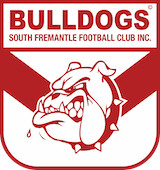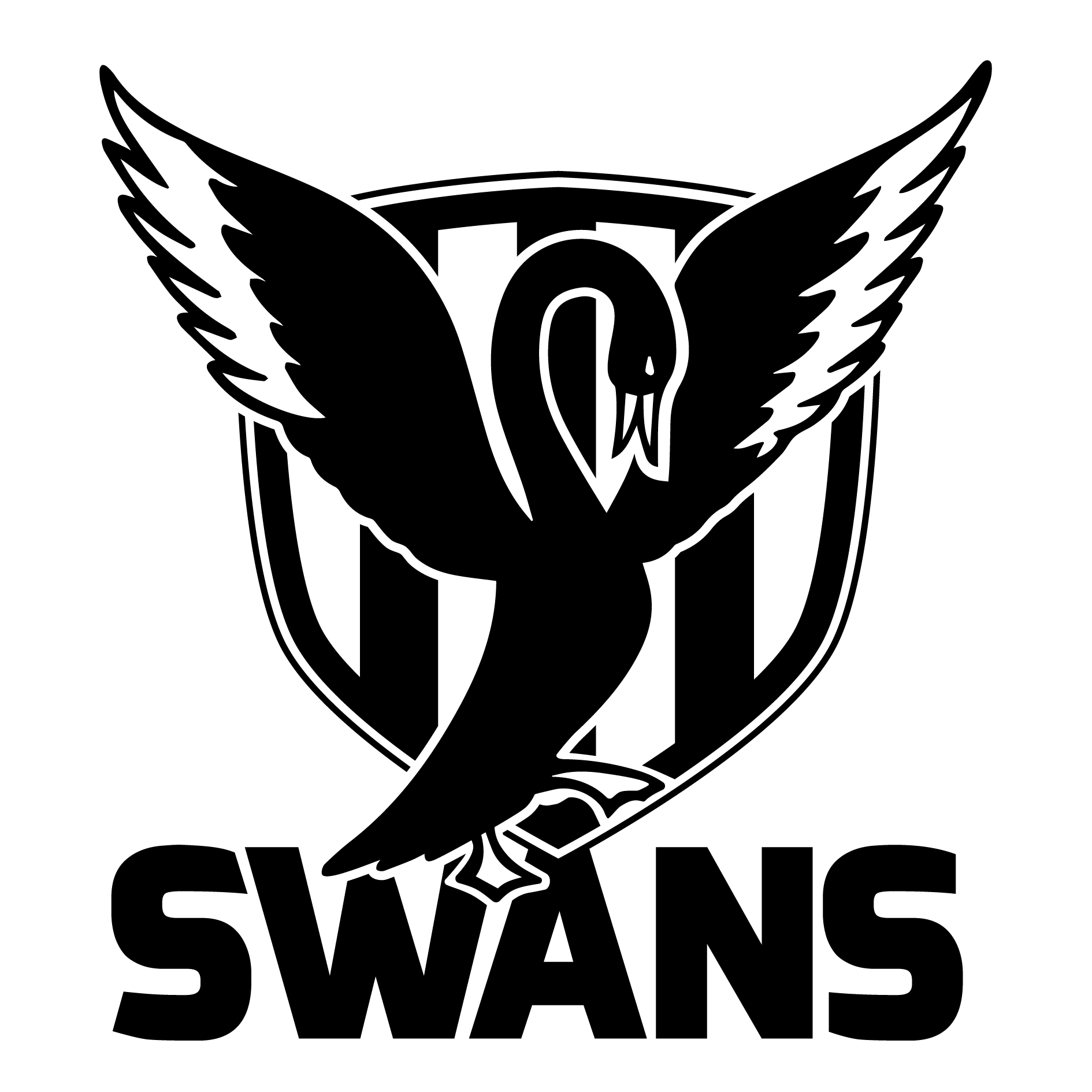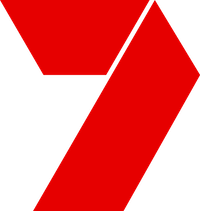Select grade below
- Round 1Sat Mar 3013:40
 12.10.82VS
12.10.82VS 9.9.63
View Stats
9.9.63
View Stats - Round 2Sat Apr 0614:30
 6.9.45VS
6.9.45VS 21.9.135
View Stats
21.9.135
View Stats - Round 3Sun Apr 1410:00
 13.17.95VS
13.17.95VS 14.7.91
View Stats
14.7.91
View Stats - Round 6Sat May 0414:30
 VS
VS
 Sullivan Logistics Stadium
Sullivan Logistics Stadium - Round 7Sat May 1114:40
 VS
VS
 East Fremantle Oval
East Fremantle Oval - Round 8Sat May 2514:30
 VS
VS
 East Fremantle Oval
East Fremantle Oval - Round 9Mon Jun 0313:10
 VS
VS
 Fremantle Community Bank Oval
Fremantle Community Bank Oval - Round 10Sat Jun 0814:30
 VS
VS
 East Fremantle Oval
East Fremantle Oval - Round 11Sat Jun 1514:30
 VS
VS
 East Fremantle Oval
East Fremantle Oval - Round 12BYE

- Round 13Sat Jun 2914:30
 VS
VS
 East Fremantle Oval
East Fremantle Oval - Round 14Sat Jul 0614:30
 VS
VS
 Mineral Resources Park
Mineral Resources Park - Round 15Sat Jul 1314:40
 VS
VS
 East Fremantle Oval
East Fremantle Oval - Round 16Sat Jul 2016:10
 VS
VS
 Pentanet Stadium
Pentanet Stadium - Round 17BYE

- Round 18Sat Aug 0314:30
 VS
VS
 East Fremantle Oval
East Fremantle Oval - Round 19Sat Aug 1014:30
 VS
VS
 East Fremantle Oval
East Fremantle Oval - Round 20Sat Aug 1714:30
 VS
VS
 Sullivan Logistics Stadium
Sullivan Logistics Stadium - Round 21Sat Aug 2414:30
 VS
VS
 East Fremantle Oval
East Fremantle Oval
Monaghan reflects on magnificent milestone

It’s been almost four decades since Bill Monaghan began his involvement in the WAFL.
Remarkably it all began as a scrawny 17-year-old in 1986 playing for Subiaco against East Fremantle at East Fremantle Oval, the first of his 158 games for the Lions.
Some 38 years (and one day) later Monaghan reaches the 300 game milestone as coach of the club he debuted against as a player, with the enviable title of reigning premiership coach as he guides East Fremantle to the start of their premiership defence against Peel Thunder.
The annual Easter clash with Peel at Rushton Park serves as a reminder of Monaghan’s childhood, spending time in Mandurah as a youngster before going on to captain the Thunder in his final years of his playing career.
It’s been quite a journey for the 55 year old, who reaches the mark in his 16th season as a senior coach, having previously coached West Perth in 214 games before joining the Sharks in 2019.
“I’m proud I have been able to achieve it,” Monaghan said.
“ It shows I’m able to stick at things and have longevity in the game. I’m glad to have coached at two great clubs and it’s a great achievement.”
 Monaghan becomes just the fifth coach in WAFL history to reach the landmark, following in the footsteps of WA football greats John Todd (683 games), Haydn Bunton (406), Mal Brown (388) and fellow East Fremantle premiership coach Jerry Dolan (358).
Monaghan becomes just the fifth coach in WAFL history to reach the landmark, following in the footsteps of WA football greats John Todd (683 games), Haydn Bunton (406), Mal Brown (388) and fellow East Fremantle premiership coach Jerry Dolan (358).
The dual premiership coach credits Bunton as one of his early coaching influences, having coached Monaghan in his early days at Subiaco.
“I was lucky to start under Haydn at Subi who had a great reputation around the country as a coach,” he said.
“Even as a young man I learnt a lot off him that I referred back to when I started coaching.
“I’ve been very fortunate to work with some wonderful people in football and hopefully sometime down the track people who have been coached by me will say similarly nice things about my philosophies on the game.”
Monaghan retired from playing at Peel Thunder in 2001, having already started an assistant coaching position with the club that started his foray in to coaching.
“It was about round six of that season we were playing South Fremantle at Fremantle Oval. I think the score was 33 goals to 3,” he said.
“It was a horrible day, the club wasn’t going all that well and I was an assistant coach under Shane Cable.
“It was decided I should hang up the boots and I moved in to doing a bit of coaching with Shane.”
Peter German assumed the reins of the then struggling club in 2002 and Monaghan remained as an assistant, eventually following the former North Melbourne player to his original club Subiaco in 2003.
Monaghan coached the Lions to reserves premierships in 2003 and 2005, also part of the senior coaching staff as an assistant to German in the Subiaco triumphs of 2004 and 2006.
That led to Monaghan being the favourite to succeed German at the club when he departed to Melbourne at the end of 2006, only for Scott Watters to be appointed German’s successor.
It was the first of four jobs that Monaghan was unsuccessful in applying for between 2006 and 2008, before eventually landing the West Perth job in 2009.
“Naturally I was disappointed not to get the Subiaco job, and probably in hindsight I was a little naïve in how the process worked,” he said.
“Football clubs can be quite fractional, maybe I just assumed I had the backing of the players and Peter (German) and that would be enough. Clearly it wasn’t.
“While there was disappointment and resentment there, It probably meant that I had to grow and become my own coach and learn for myself.”
Monaghan spent the 2007 and 2008 seasons with Fremantle as a development coach, giving him valuable experience that would add to his CV for future coaching roles.
“One of the things that was clear to me was that I had gaps in my experiences on my resume,” he said.
“I didn’t have any AFL experience; I hadn’t come through that system. You get why WAFL clubs want to tap in to that people who have been at the highest level, so it made sense that had to be the next step for me.”
While Monaghan admits his role was limited at the Dockers, it helped pave the way for his senior coaching opportunity at the Falcons.
Having narrowly missed out on the Claremont job for 2009, Monaghan’s first reaction when contacted by West Perth was that he was again making up the numbers.
“I got a phone call from Ryan Lasscock who was the West Perth Football Manager at the time. I’d basically told him to nick off,” he said.
“I said you’re only using me as a candidate so you can employ someone else. He basically said no we don’t have a lot of applications and you’re genuinely a person of interest.
“I was going away on holidays at the time but when I got back I did some research and started doing some history about West Perth and their development zone since being at Joondalup. I decided to go through that process in the end and got the job.”
The Falcons would only miss finals three times in Monaghan’s decade in charge of the Joondalup based club, making three Grand Finals in 2013, 2015 and 2018.
The premiership arrived in 2013 on a wet day at Subiaco Oval, defeating the highly fancied East Perth to give the Falcons their first flag since 2003.
“It was a really young group in 2013 at West Perth. A number of key players were under 22 like Black, Nelson and Rodda. It was a very special day to become a premiership coach and reward the fans.”
Monaghan arrived at Moss Street under unusual circumstances, Geoff Valentine having agreed to coach the club before reneging on his signature and taking Monaghan’s recently made vacant job at West Perth, paving the way for the then 50-year-old to take the reins of East Fremantle.
While admitting having underestimated the enormity of the challenge upon his arrival at the club, Monaghan began to shape the side by making a series of tough decisions surrounding the club’s playing list, paving the way for the club’s 30th premiership in 2023.
“There was a lot of issues within the playing group, that were happening off field as well as on it,” he said.
“There were a lot of things that weren’t right. Professionalism wasn’t where it needed to be for a WAFL club. Standards had to be lifted.”
“Every time I went to work at the club for the first six weeks I found something out and it was like the tip of the iceberg. It kept getting bigger and bigger.”
On field results were slow for the Sharks under Monaghan’s leadership, winning only five games in 2019 before covid scuppered 2020, only one win from eight games in a shortened season.
When wins didn’t arrive in early 2021 pressure built on the East Fremantle coach to keep his job, the club eventually re-signing Monaghan to a two-year deal in June of that year.
“We’re in the business where wins and losses are important. It’s really hard to convince people who make decisions about what success looks like without winning,” he said.
“It was just a matter of us being consistent in our messaging, showing people where our improvement was. It was frustrating at times because we were developing but we weren’t winning enough games.
“It was a challenge, there was a few people who couldn’t see it. Thankfully those who made the decision were convinced that we were going in the right direction and the club has now been rewarded for that.”
The wheel began to turn in the back half of 2021, the side winning their last three games including a dominant win over eventual premiers Subiaco.
A return to finals followed in 2022, a preliminary final exit wetting the appetite for 2023.
Monaghan’s 85th game as coach of the Sharks last September saw him become a premiership coach for the second time, East Fremantle dominating a strong Peel Thunder side to give Monaghan a second flag a decade after his first.
“We were able to build a side over a five-year period that could contend and ultimately win a premiership,” he said.
“We kept only 7-8 of the guys who were there from before my time as a coach. Those players like Jupp and Eardley were rewarded for their patience last year. It felt like a real build to get there and I’m so happy for the players that we stuck at it.”
Monaghan credits his coaching team of Paul Sanzone, Craig Smoker, Joe Comande and Bruce Gaskin for their long-term support, having worked with them for nearly his entire coaching career across both clubs.
“I’m really lucky that the people work with me are fantastic people, but they probably don’t get enough credit with the work they have done in shaping the list and have worked every bit as hard as me.
“The players and I are eternally grateful for their support.”
While acknowledging he is unlikely to coach 300 more games at WAFL level, the Sharks mentor acknowledges he has mellowed with time in the game as a coach.
“Football has changed, 15 or 16 years is a long time,” he said.
“When you take over as a young coach you want to be in control of everything, and I didn’t delegate well. Everything was done by me.
“Now our program is about sharing the load and giving other responsibility, allowing the players to take some control and my assistant coaches to coach more.
“If I hadn’t done that, I wouldn’t still be coaching. That’s probably the biggest lesson I’ve learnt in 300 games.”
Monaghan’s milestone game is the club’s first match of it’s premiership defence, heading to Lane Group Stadium for a Grand Final rematch against Peel Thunder on Saturday from 1:40 PM.














